Turning Your Pain Into Purpose
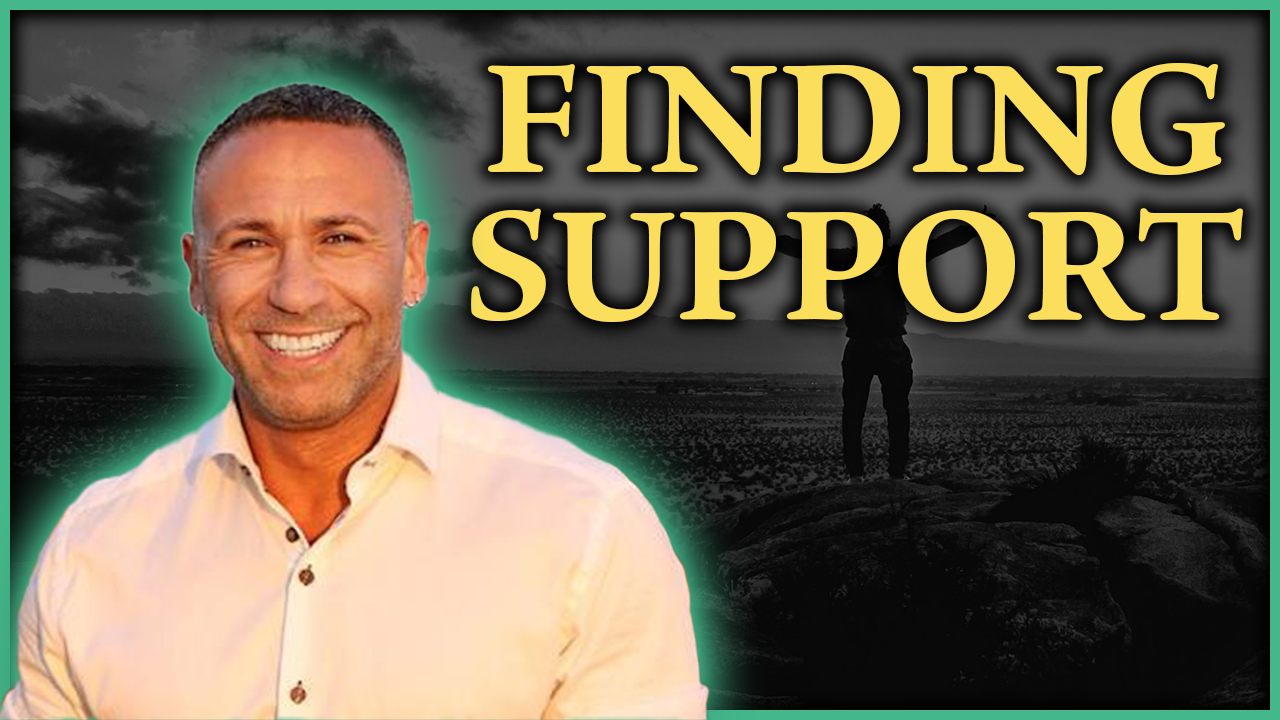
Ben Kaye's story demonstrates that recovery isn't just about stopping substance use—it's about transforming your pain into purpose and your experience into expertise.
As a therapist with lived experience in chemsex recovery, Ben has spent years building bridges between the underserved and the systems meant to help them.
His journey from London's party scene to becoming a recognized advocate shows us that hitting rock bottom can become the foundation for extraordinary impact.
Through his work creating support systems, training professionals, and pursuing advanced education, Ben exemplifies how recovery can evolve into a calling to serve others.
Listen to the Podcast HERE
Watch the Podcast HERE
The Perfect Storm: Understanding How Addiction Takes Hold
Ben's experience illustrates how multiple factors can converge to create the "perfect storm" of addiction.
Starting with recreational drug use in his teens, the introduction of crystal meth and GBL into London's party scene created a dangerous combination: powerful substances, easy access through apps, readily available casual sex, and a vibrant nightlife culture.
This convergence shows us that addiction rarely happens in isolation. Ben describes how chemsex substances offered everything he thought he wanted—enhanced sexual experiences, increased confidence, and an escape from underlying trauma.
The drugs became a solution before they became a problem, which is why recognizing early warning signs is so crucial.
Understanding that addiction often develops through this kind of "perfect storm" can help us approach both prevention and recovery with more compassion and strategic thinking.
Reflection Question: What were the factors in your life that created the perfect conditions for substance use? How might recognizing these patterns help you build better boundaries today?
When Everything Falls Apart: The Tsunami of Circumstances
Ben describes his rock bottom as a "tsunami of personal circumstances"—his mother's death, the end of a long-term relationship, major surgery, job loss, and failed business ventures all happening simultaneously.
Rather than addressing these traumas individually, he used crystal meth to numb the overwhelming pain, leading to increasingly dangerous behaviors including intravenous use.
His story reminds us that everyone's rock bottom looks different, but the emotions remain universal: helplessness, hopelessness, and the inability to navigate life.
The key insight is that you don't have to lose everything to recognize you've lost enough. As Ben emphasizes, the feelings associated with rock bottom—not the external circumstances—are what signal the need for change.
Ben's moment of clarity came when he realized he had two choices: continue on his destructive path or seek help. That recognition of choice, even in the darkest moment, became his lifeline.
Journal Prompt: Describe a time when multiple stressors hit you at once. How did you cope? What would you tell someone facing a similar "tsunami" of circumstances today?
Breaking Down Barriers: The Fight for Understanding
One of the most striking aspects of Ben's recovery journey was encountering a treatment system that didn't understand chemsex.
The irony of needing to educate his own support workers about the substances he was using highlights a critical gap in our healthcare systems. This lack of understanding created additional barriers at a time when seeking help already required enormous courage.
Ben's experience of sitting outside a clinic at dawn, having missed appointments due to being on "Tina time," illustrates the practical challenges that addiction creates when trying to access help.
Rather than being discouraged by these systemic failures, he used them as motivation to create change.
His realization that services needed to "level up" rather than expecting clients to conform to inadequate systems became the driving force behind his advocacy work.
Ben understood that addressing individual addiction requires transforming the systems meant to support recovery.
Action Exercise: Research the addiction support services in your area. Do they understand chemsex? If not, consider writing a letter or email to local providers sharing educational resources about these substances and the unique needs of the MSM community.
From Patient to Professional: The Power of Lived Experience
Ben's transition from service user to service provider demonstrates how lived experience can become professional expertise.
His decision to train as a volunteer and eventually pursue formal education in therapy shows that recovery can open doors we never imagined possible.
What makes Ben's approach particularly powerful is his understanding that having lived experience alone isn't enough—it must be combined with professional training and systemic thinking.
His pursuit of a psychology master's degree and various certifications shows his commitment to being both authentic and credentialed.
Ben's work training hundreds of professionals and creating new service models proves that people in recovery can become leaders in changing the very systems that failed them.
His approach of not "reinventing the wheel" but adapting existing models to better serve underserved populations offers a practical template for advocacy.
Reflection Question: How might your own experiences with addiction or mental health challenges be transformed into expertise that could help others? What additional training or education might support that transformation?
Creating Systematic Change: From Individual Recovery to Community Impact
Perhaps the most inspiring aspect of Ben's story is how he scaled his personal recovery into systematic change.
Starting with creating LGBTQ+ recovery groups, he expanded to developing drop-in clinics, training programs for professionals, web chat services, and needle exchange programs delivered directly to people's homes.
His work with commissioners—the people who control funding for services—reveals how change often needs to happen at multiple levels simultaneously.
By educating decision-makers about what chemsex actually is, Ben helped ensure that future funding could address these specific needs.
Ben's approach demonstrates that sustainable change requires working within existing systems while advocating for improvements.
His seven-year commitment to one organization shows that real transformation takes time, patience, and the ability to build relationships across different sectors.
Action Exercise: Identify one small way you could contribute to systematic change in your community—whether that's sharing resources, attending a community meeting, or connecting with local organizations. Take one concrete step this week.
The Ongoing Journey: Recovery as Continuous Growth
Ben's story beautifully illustrates that recovery isn't a destination but an ongoing journey of growth and service.
His decision to pursue advanced education, continue his advocacy work, and maintain his private practice shows that recovery can continue expanding throughout our lives.
His emphasis on returning to education—something he couldn't complete as a teenager due to family circumstances—demonstrates how recovery can involve healing old wounds and fulfilling deferred dreams.
Ben's academic pursuits aren't just about career advancement; they represent reclaiming parts of himself that addiction had stolen.
The way Ben speaks about his future plans with genuine excitement shows that recovery can lead to a life filled with purpose, connection, and continuous learning.
His story reminds us that the question isn't just "How do I stop using?" but "What kind of life do I want to build?"
Journal Prompt: What dreams or goals did you put aside during your active addiction? Which of these still call to you today, and what small step could you take toward one of them?
Reflective Questions
- Ben describes his addiction as a "perfect storm" of circumstances. What factors in your own life created conditions where substance use seemed like a logical solution?
- How do you define your own "rock bottom"? What emotions or experiences signal to you that change is needed, regardless of external circumstances?
- Ben found purpose in addressing the very systemic failures that hindered his own recovery. What challenges you've faced might contain the seeds of your own purpose?
- What does "leveling up" mean to you in terms of your own recovery or personal growth? What skills or knowledge might support your next level of development?
- Ben emphasizes that recovery is about building a new life, not just stopping substance use. What kind of life are you building, and what brings you genuine excitement about your future?
Journal Prompts
- Write about a time when you felt completely misunderstood by someone who was supposed to help you. How did that experience shape your understanding of what good support looks like?
- Describe your own "tsunami of circumstances"—a time when multiple stressors hit simultaneously. What did you learn about your resilience and coping strategies?
- If you could design a perfect support system for someone struggling with the same challenges you've faced, what would it look like? Be specific about the elements that would make it truly helpful.
- Reflect on the relationship between shame and seeking help. Write about how shame has either motivated or hindered your own journey toward wellness.
- Consider the idea of "market research"—Ben jokes that he did enough to really understand the subject. What valuable insights have your own difficult experiences given you about life, relationships, or recovery?
Action Exercises
- Create a Support Map: Draw a diagram of all the formal and informal support available in your community. Identify gaps where additional resources are needed, and research one organization you could contact about these needs.
- Practice Your Story: Write a three-minute version of your own recovery story that could be shared with someone who doesn't understand addiction. Focus on the emotions and turning points that might resonate with any listener.
- Skill Assessment: List three skills you've developed through your challenging experiences (resilience, empathy, crisis management, etc.). Research one way each skill could be applied professionally or in volunteer work.
- Barrier Identification: Think of a time when you wanted help but faced obstacles. Create a specific action plan for how someone in a similar situation could navigate those barriers more easily.
- Legacy Planning: Write a letter to yourself five years from now, describing the impact you hope to have made in your community. Include three concrete steps you could take this year toward that vision.
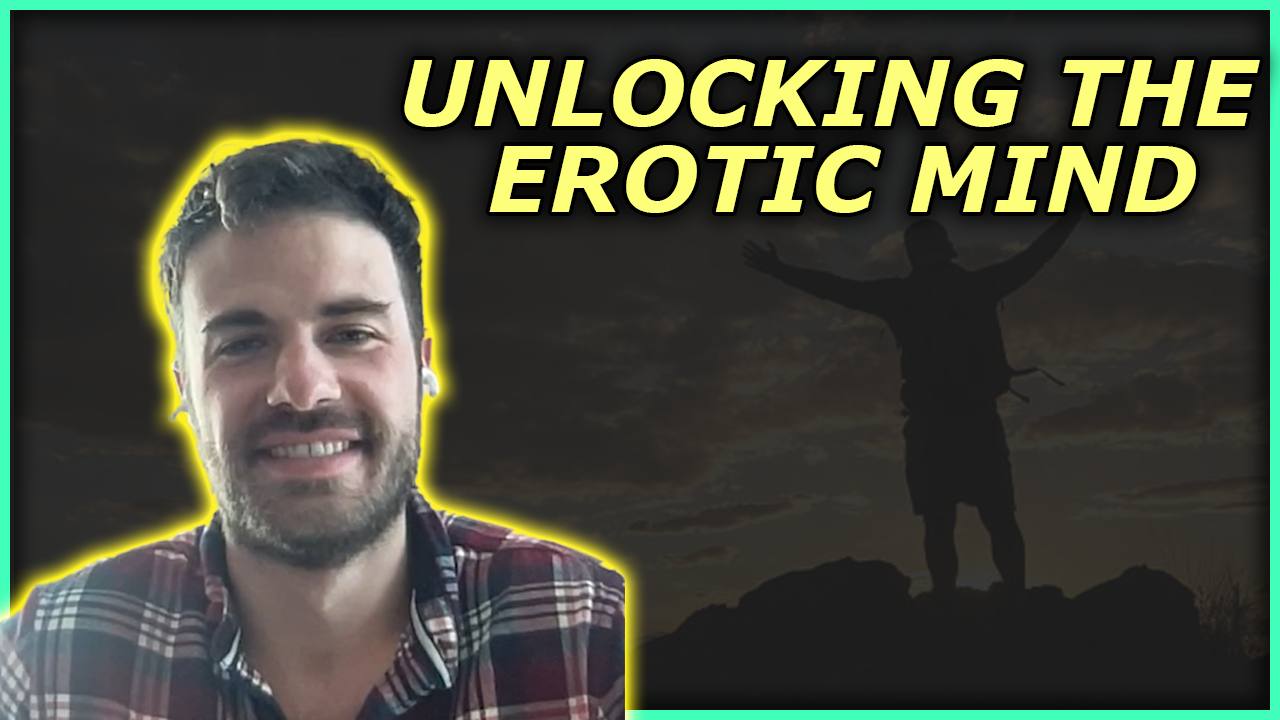
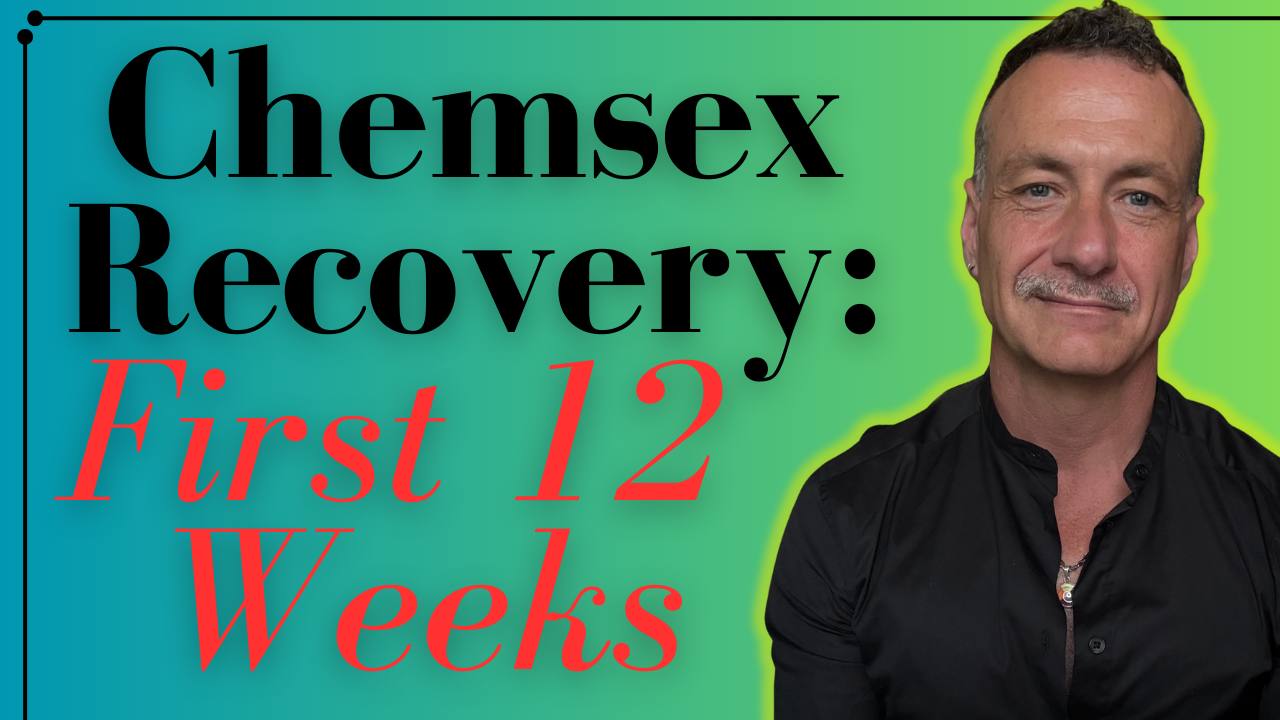
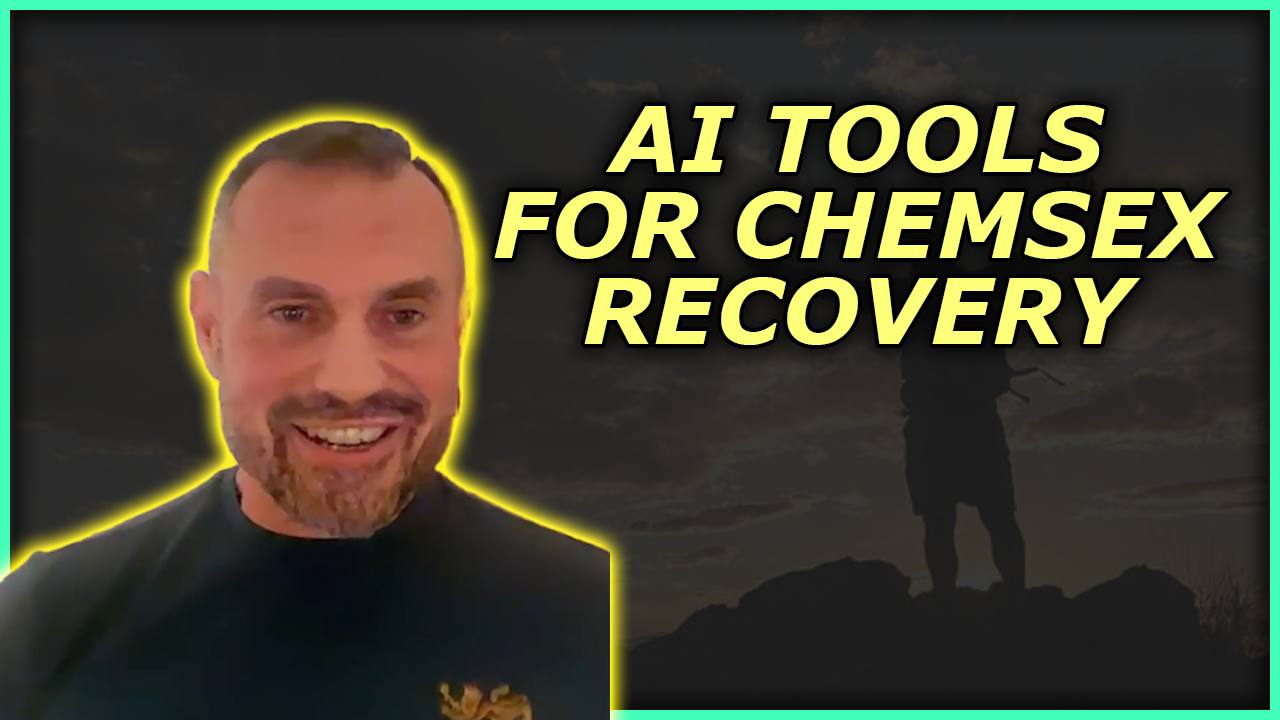
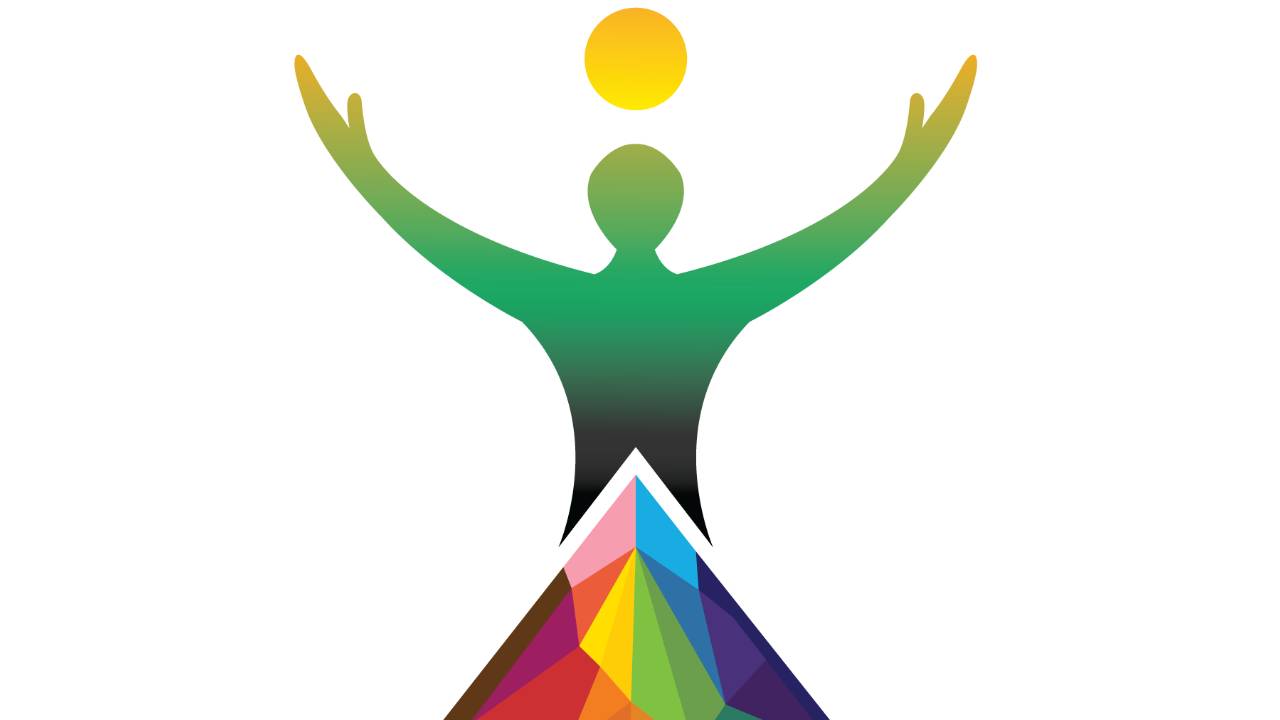
Responses